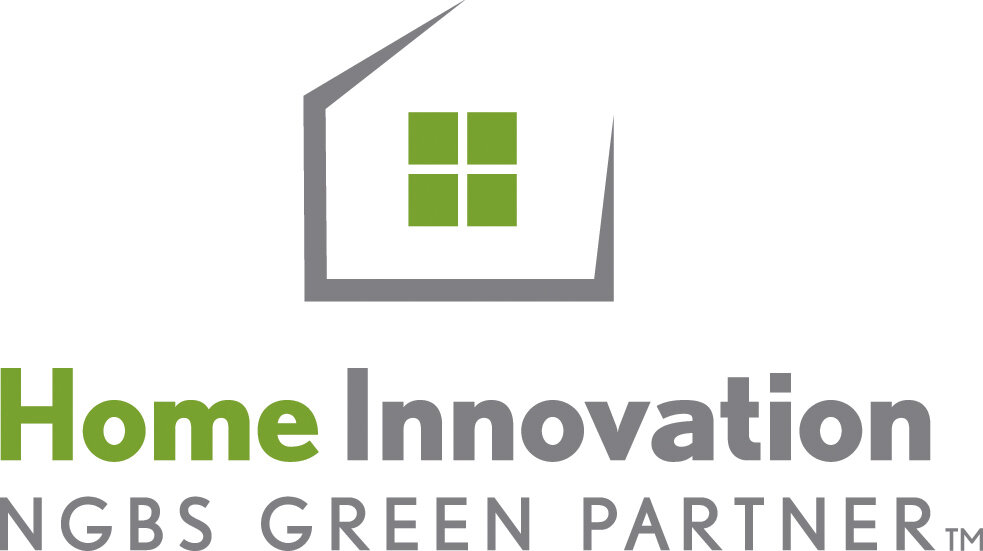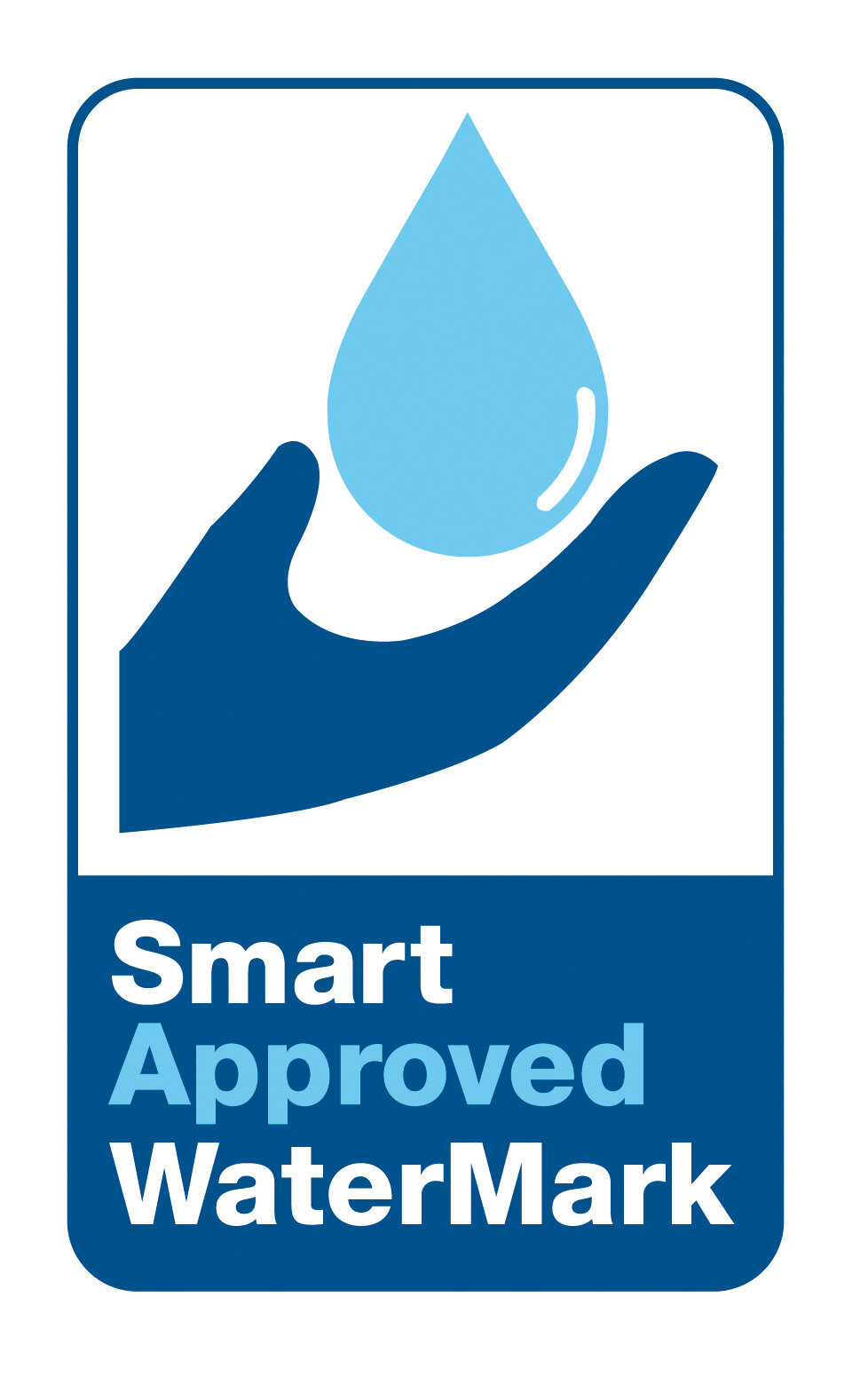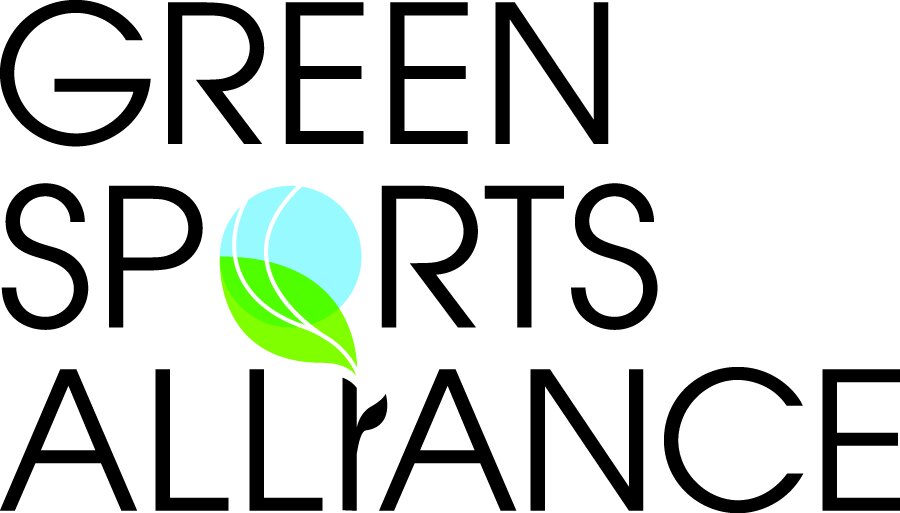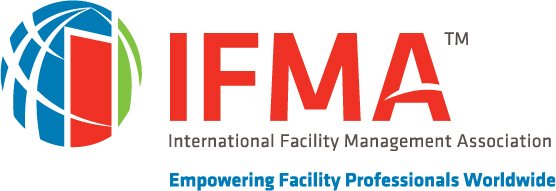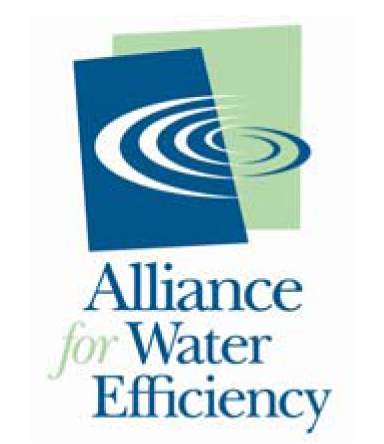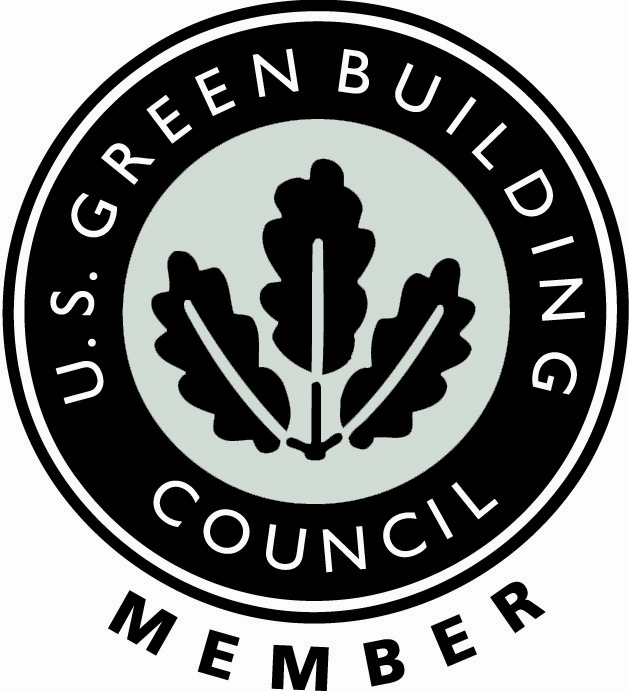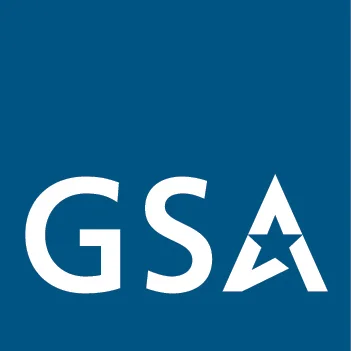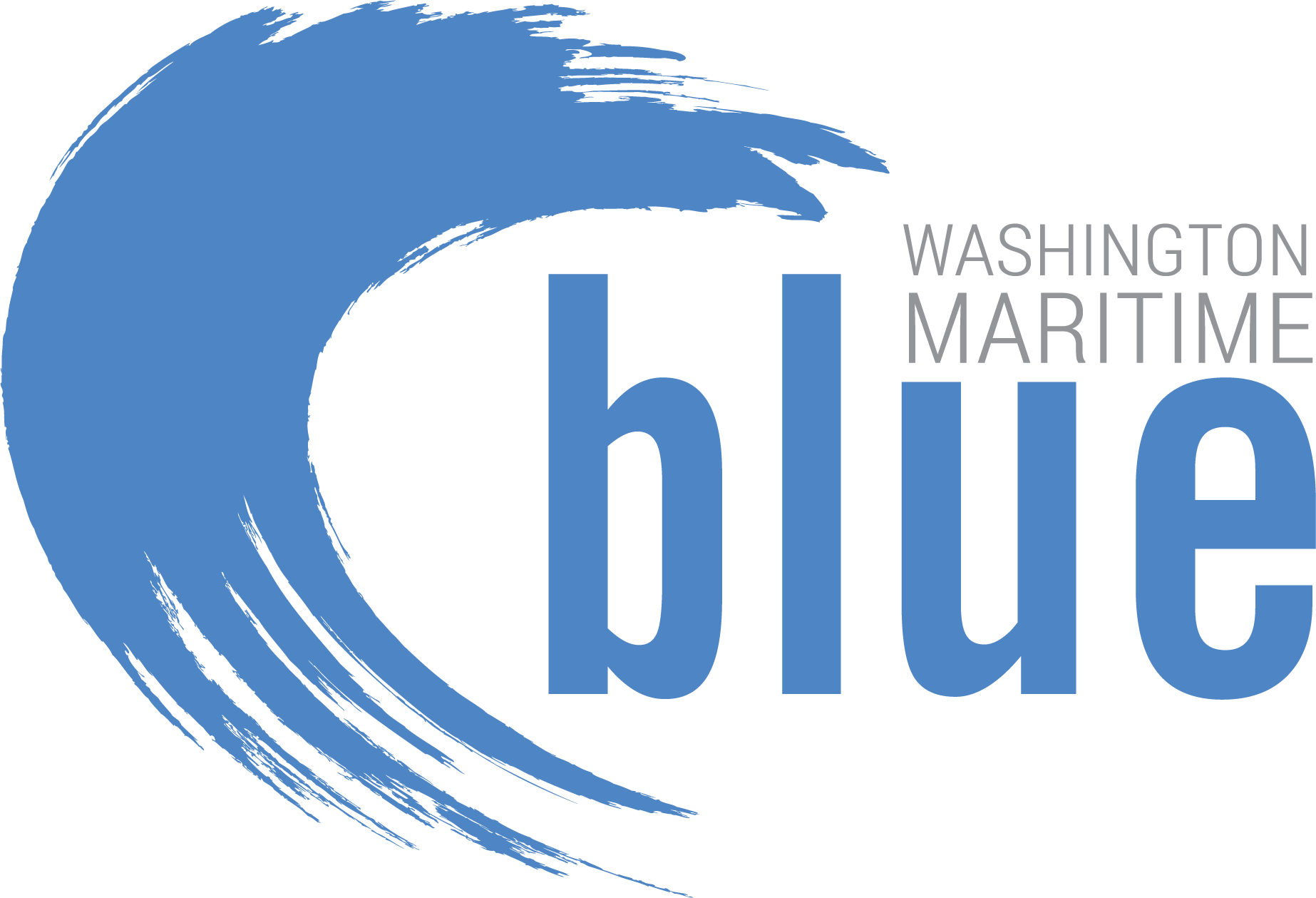Most of us are well-aware of the severe drought California is now enduring. And, most of the people paying close attention to the situation know this significant water shortage is not just a “California thing.”
With a gross state product valued at over $2.2 trillion, California’s economy is large enough that it could be admitted as the ninth member to the G-8, joining the U.S., Russia, Japan, the UK, Canada, France, Italy, and Germany.* But, this also means that if the economy in California stumbles because of severe water shortages impacting the state’s industries, it could also negatively impact the U.S. and world economies.
Further, the state has been the number one U.S. producer of food and agriculture for more than half a century and a major exporter of food around the world. Water shortages are already impacting farmers, which may result in crop shortages and price increases. Again, this can impact the country and the world’s economies as well as have political ramifications.
However, there is another water-related issue impacting California, parts of the U.S., and the rest of the world that is getting far less attention. And in the long-term, this problem may prove even more significant and have far greater ramifications on the state’s and the world’s economies than the current drought.
In June 2015, a report released by the University of California, covering the period of 2003 to 2013 found that of the world’s 37 largest aquifers, 21 are being depleted faster than they are being replenished, with 13 considered “significantly distressed,” and eight classified as “overstressed,” meaning there is essentially no replenishment occurring. At this time, California is relying more on aquifers than ever before, as are other western states.
Aquifers refer to natural underground water storages. Water, which accumulates due to rainfall and ice melting, seeps down into the Earth where it collects. With droughts and water shortages, California and other localities turn to aquifers to supplement their water needs.
“About one third of Earth’s largest groundwater basins are being rapidly depleted by human consumption,” according to the report. Climate change is also causing problems around the world when it comes to water. Furthermore, while researchers know the depletion of water in aquifers is getting worse worldwide, the study indicates a “coordinated global effort” is needed to determine just how fast this depletion is occurring and very simply how much water is left.
Technology Soon, Efficiency Now
There are two ways to address what I call are the “red flags over water.” One is more short-term—steps we can take now or very soon—and the other is long-term—technologies that can and are being developed to provide new water sources.
In the short-term, the professional cleaning industry must put considerable emphasis on using water efficiently. A far larger amount of water is used in cleaning than many cleaning professionals realize; some tools and equipment are very water dependent in order to operate. One way cleaning workers can be more water-efficient is to become very conscious of how much water they use in cleaning and use just enough to complete a specific task. Disposing large amounts of clean, potable water that was not needed or used is simply no longer acceptable.
We might also consider developing systems that help cleaning workers measure water usage to help eliminate waste. We already have auto-dilution systems that mix cleaning solutions with water based on how the solution is being used. These systems are designed to minimize chemical waste. Now we need something similar so that just enough water is used for a cleaning task to help minimize water waste.
In the long-term, most scientists believe our best option is the use of technologies that convert salt water into fresh or potable water. It’s already happening in Israel, which converts enough salt water to meet virtually all its water needs. Now, this movement needs to spread faster and around the world.
Klaus Reichardt is founder and CEO of Waterless No-Flush Urinals, Vista, Calif. Reichardt founded the company in 1991 with the goal to establish a new market segment in the plumbing fixture industry with water conservation in mind. Reichardt is a frequent writer and presenter, discussing water conservation issues. He can be reached at klaus@waterless.com.
*G-8 stands for Group of Eight.
**Gravity Recovery and Climate Experiment, which works with the National Aeronautics and Space Administration, studies among other things, environmental changes impacting the planet.




